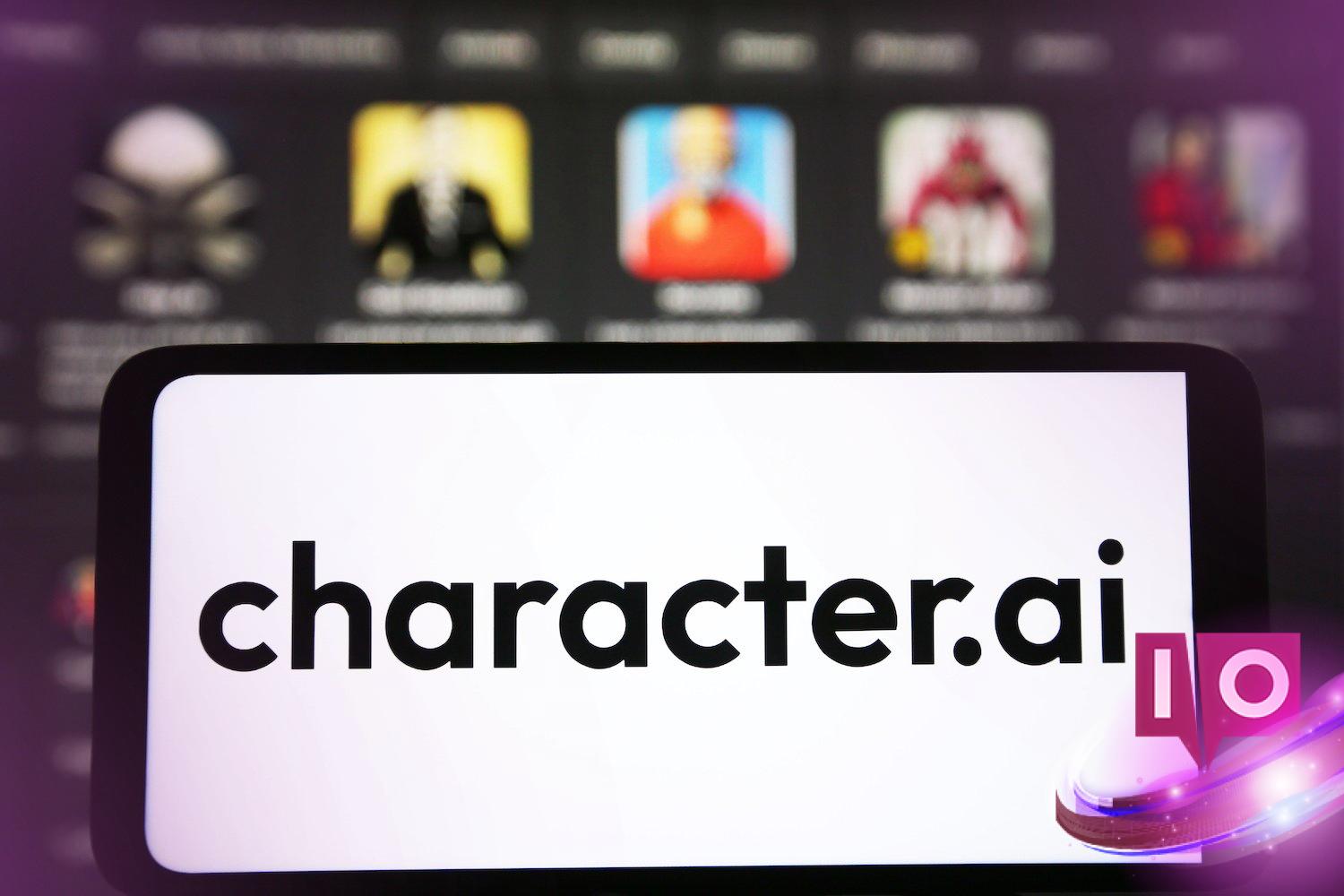Character.AI launched its mobile app in early 2023, aiming to offer users the ability to create personalized generative AI chatbots. While the founders envisioned unique and engaging interactions, the startup has faced significant challenges and controversy.
Issues surrounding the types of chatbots users could create, including inappropriate and harmful content, have turned into legal battles for the company. Recently, Character.AI announced it will prohibit users under 18 from accessing its chatbots altogether.
Why Character.AI is Shifting Its Focus
On Wednesday, Character.AI revealed in a blog post that it would restrict chatbot access for those under 18, with the full implementation of these changes targeted for November 25th. During this transition, underage users will see their chat time cut to two hours per day. Following the cutoff, while these young users will no longer have the same access, the company is committed to developing a safer platform where teens can engage creatively through videos, stories, and streams.
The Response to Controversy
This decision comes after intense scrutiny from the media and federal regulators. Character.AI stated, “These extraordinary steps are more conservative than our peers. We believe they are the right thing to ensure the safety of teenagers while still offering creative opportunities.”
Plans for Future Safety
In a bid to further enhance safety, Character.AI intends to establish an “AI Safety Lab.” This independent non-profit will focus on improving safety alignment for future AI features, aiming to tackle the critical concerns that have arisen.
Legal Battles Affecting Character.AI
The pressure on Character.AI has been mounting, notably with a lawsuit in Florida alleging the company contributed to a teenager’s suicide due to excessive chatbot usage. The Social Media Victims Law Center has also taken legal action on behalf of families claiming their children were harmed by interactions with the company’s bots. Another lawsuit filed in December 2024 claimed that inappropriate sexual content was accessible to children on the platform.
Criticism Over Inappropriate Chatbots
Character.AI has recently faced additional backlash due to the frightening diversity of characters created on its platform. For instance, a report highlighted a chatbot mimicking Jeffrey Epstein that had accumulated over 3,000 interactions. Other concerning bots included a “gang simulator” and extremist personas that promoted harmful ideologies.
Government Oversight on AI Chatbots
Adding to the urgency of the situation, Congress is now closely monitoring Character.AI’s practices. Senators introduced a bill requiring AI companies to enforce age verification and restrict access for users under 18. This legislative push follows testimonies from parents whose children have suffered due to their interactions with AI chatbots. Senator Josh Hawley has stated, “AI chatbots pose a serious threat to our kids.”
What safeguards are in place for young users?
Character.AI claims to prioritize user safety and has implemented stringent safety features. They have stated that all user-generated characters carry disclaimers indicating they are fictional, intending for the interactions to be solely for entertainment purposes.
Will Character.AI face further legal challenges?
While the company has not commented on ongoing litigation, they are proactive in refining their content policies and improving the safety of their platform.
How does Character.AI ensure user safety?
The company is continuously investing in its safety protocols, actively removing problematic content and limiting access for underage users to mitigate potential risks.
In conclusion, the rapid developments surrounding Character.AI highlight an essential conversation about the responsibilities of AI companies in safeguarding their young users. This commitment to enhancing safety measures is crucial as the conversation about AI technology’s role in society evolves. For more in-depth discussions and updates on this topic, continue exploring related content on Moyens I/O.
